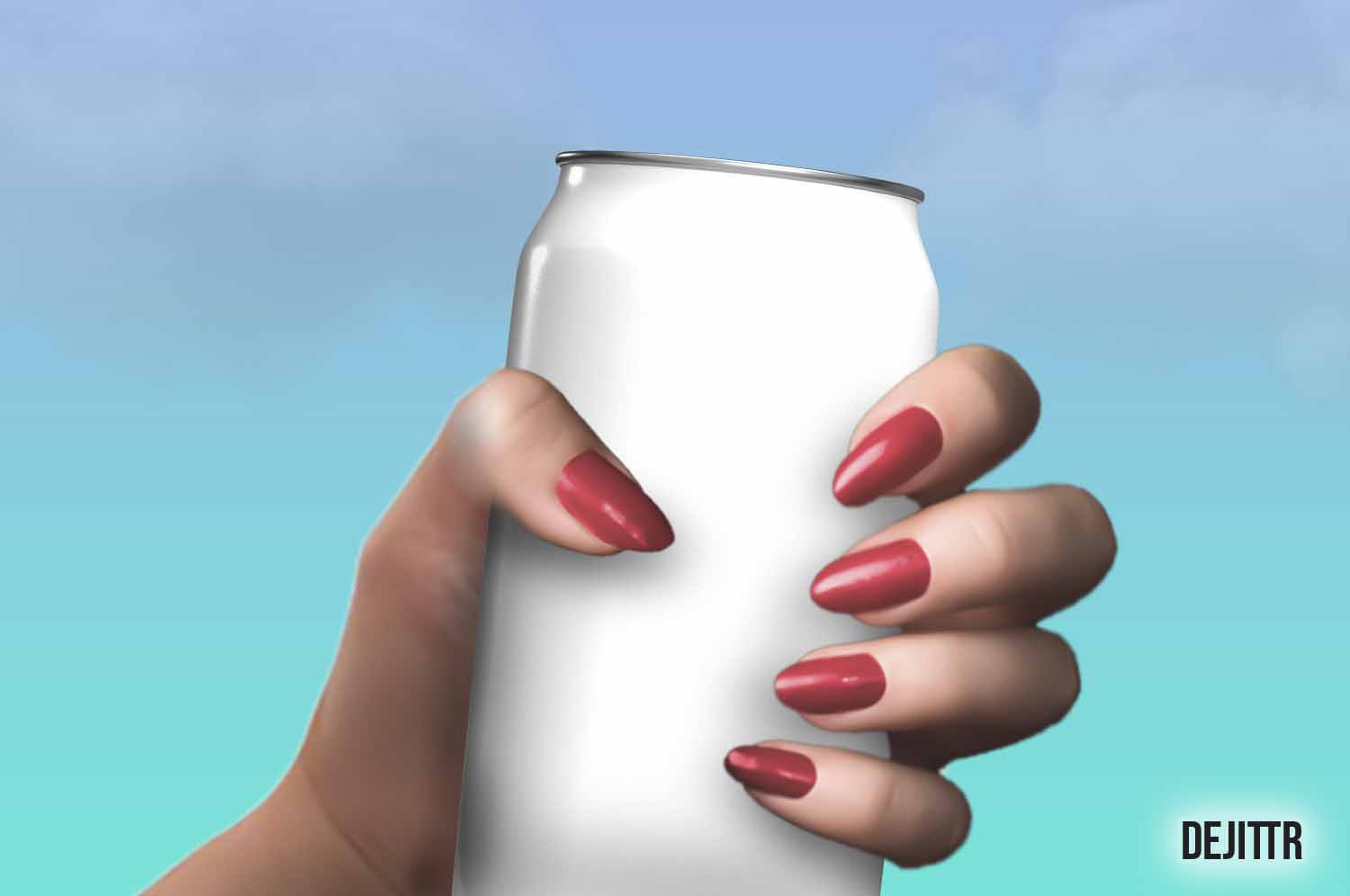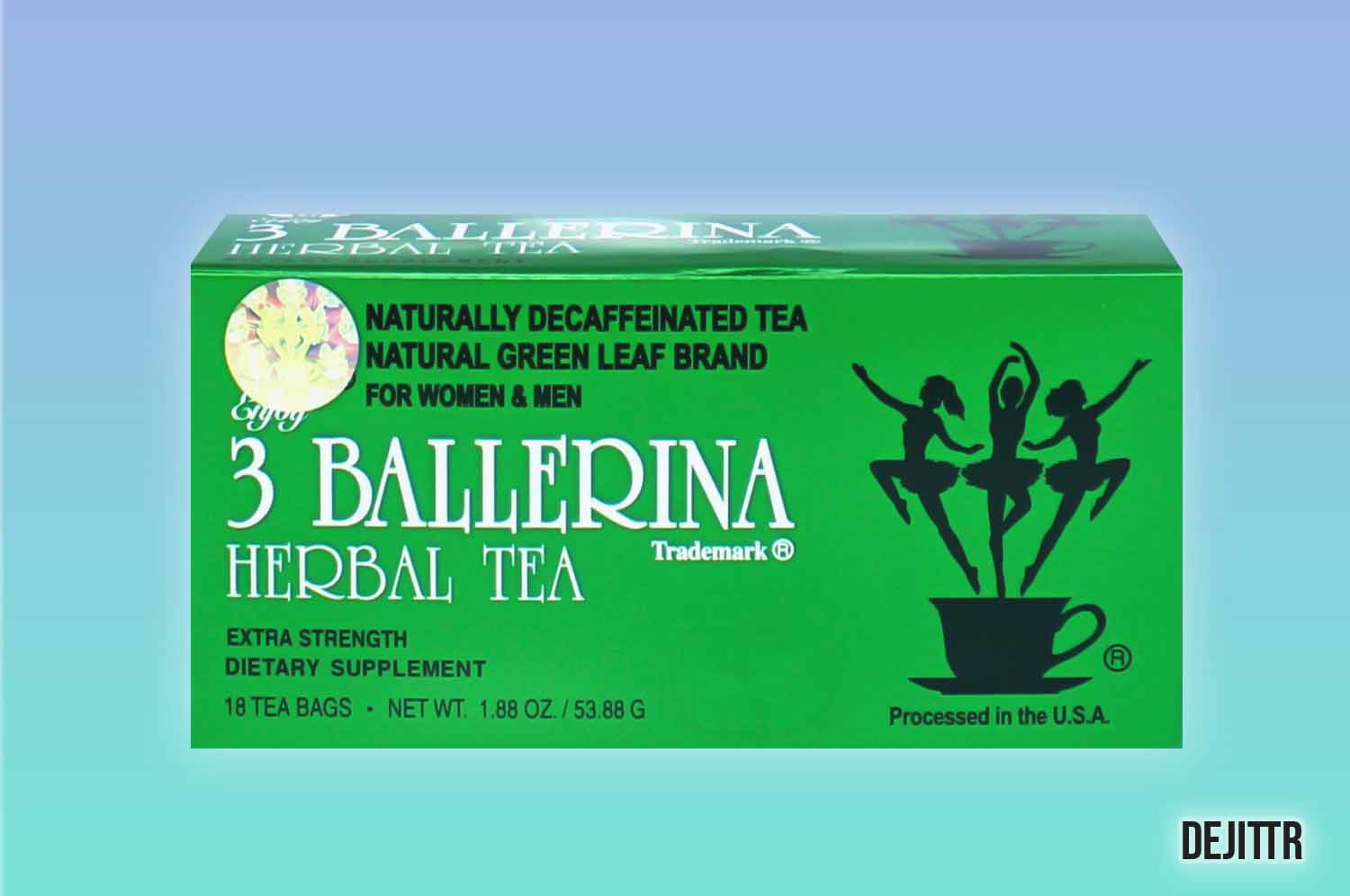Chai tea is a beverage originating in India and has a sweet and spicy flavor, famous for its aromatic fragrance. It is made from a combination of black tea, ginger, and other spices, sweetened and mixed with milk.
Stomach pain is a very common symptom, which can be caused by a digestive problem caused by microorganisms or substances found in food. In some cases, it may also be due to food intolerance.
Although it is not a serious complication, it is a very uncomfortable discomfort due to gas and heartburn.
Why does a chai tea latte make my stomach hurt?
The chai tea latte is an adaptation of the original recipe that consists of adding a chai tea concentrate to steamed milk, giving it a flavor like a traditional “coffee with milk”.
Among the ingredients contained in the chai tea latte, the one that is related to stomach upset is milk, which is part of the regular diet of people and has essential nutrients that help protect the body, however, not all people tolerate this food well, especially in adulthood.
This may be due to lactose intolerance. This substance is a sugar found mostly in the milk of animal origin and its derivatives, being cow’s milk the most consumed. As it is difficult to digest, it causes abdominal pain, bloating, and intestinal gas among others.
Although most people are born with the ability to digest lactose, some studies suggest that about 75% of the world’s population loses the ability at some point in their lives, while others can digest lactose in adulthood.
Ways to avoid stomach aches from chai latte tea
Stomachaches when drinking chai tea latte may be related to poor digestion in some people who may be sensitive to lactose found in regular cow’s milk.
An alternative may be to try plant-based milks, which are dairy-free, such as:
- Almond milk is one of the most popular plant-based alternatives. It is low in calories, fat, and sugars compared to cow’s milk. It is rich in vitamins and minerals such as vitamin E, vitamin D, phosphorus, and calcium. Its texture is light, it has a sweet and nutty flavor.
- Coconut milk has a creamy texture and a sweet but subtle coconut flavor. Of the non-dairy milks, it has a lower protein and carbohydrate content.
- Soy milk usually has a smooth, creamy taste. It often contains thickeners and vegetable oils to improve its flavor and consistency. In terms of nutrition, soy milk is a good substitute for cow’s milk because it carries a similar amount of protein, being one of the few sources of complete and good quality vegetable protein.
- Oat milk is naturally sweet and mild tasting. It contains a similar number of calories to cow’s milk. It is high in protein and calcium, and it contains vitamin B.
Another option to consider may be:
- Goat’s milk although of animal origin like cow’s milk is easier for the stomach to digest. All animal milk contains some lactose (natural milk sugar), however, goat milk is slightly lower in lactose compared to cow milk. It is ideal for those with mild lactose intolerance.
- Lactose-free milk has almost the same taste, texture, and nutritional profile as regular cow’s milk, but with the addition of lactase, which is an enzyme that breaks down lactose in the body, helping to digest lactose.
Is chai tea latte good for you?
Thanks to the ingredients contained in chai tea, it has very good benefits for heart health, digestion, control of blood sugar levels, as well as better brainpower, and a good source of antioxidants, among many more.
Initially, chai tea was prepared only with spices until after the British colonization tea and later milk was incorporated, however, unlike the homebrew, the varieties prepared in cafes such as the chai tea latte are often heavily sweetened, mainly with added sugar, and have a higher concentration of milk than what you would find in a typical cup of chai tea, which can negatively influence its benefits.
At the moment there is no consensus as to how much chai tea should be taken daily to obtain its benefits, as such benefits are centered on the individual properties of its ingredients and how it is prepared.
It is important to mention that chai tea contains caffeine which is provided by black tea. When caffeine is consumed in excess it can cause negative effects on your health such as anxiety, insomnia, headache, and upset stomach.
In healthy adults a moderate intake of caffeine is not related to negative effects, it is recommended to consume up to 400mg of caffeine per day. So, it can be said that typical intakes of chai tea are unlikely to exceed these recommendations.
If you want to get the properties of the tea it is better to consume it in its homemade version from scratch, since the ingredients are more natural compared to the commercial versions. Whether you buy the bags of chai tea or it has been prepared in a café, it will always be healthier to prepare it at home with natural ingredients to better take advantage of its benefits.
What are the best and healthiest tea-based beverages?
Tea is the most widely used beverage throughout the world. The use of herbs and spices has been incredibly important throughout history. The Japanese and Chinese have been drinking tea for centuries and in Asia, it is the most consumed beverage besides water.
Some popular tea-based beverages are:
- Earl Grey tea is a combination of black tea with bergamot and lavender extract. Some of the benefits of bergamot tea are improving heart health and digestion.
- Iced Passion Tango Tea is an aromatic combination containing hibiscus, apple, cinnamon, and lemongrass. It is also ideal for those on a low-calorie diet, as it has no sugar. Hibiscus has many health properties, especially used in weight loss.
- Matcha Green Tea Latte is a blend of matcha green tea with milk. You can opt for its vegan version with plant-based milk such as almond, soy, oat, or coconut milk. Matcha tea is high in antioxidants, improves heart function, enhances brain function, and aids in weight loss, among other benefits.
My final thoughts
Tea is a rich source of substances with medicinal properties that provide a variety of health benefits. Unfortunately, in cafés where tea-based versions of beverages are prepared, the unhealthy options can diminish the benefits of the herbs or spices. Therefore, it is always better to consume it in its natural or traditional version, if you wish to obtain the benefits that it provides.












